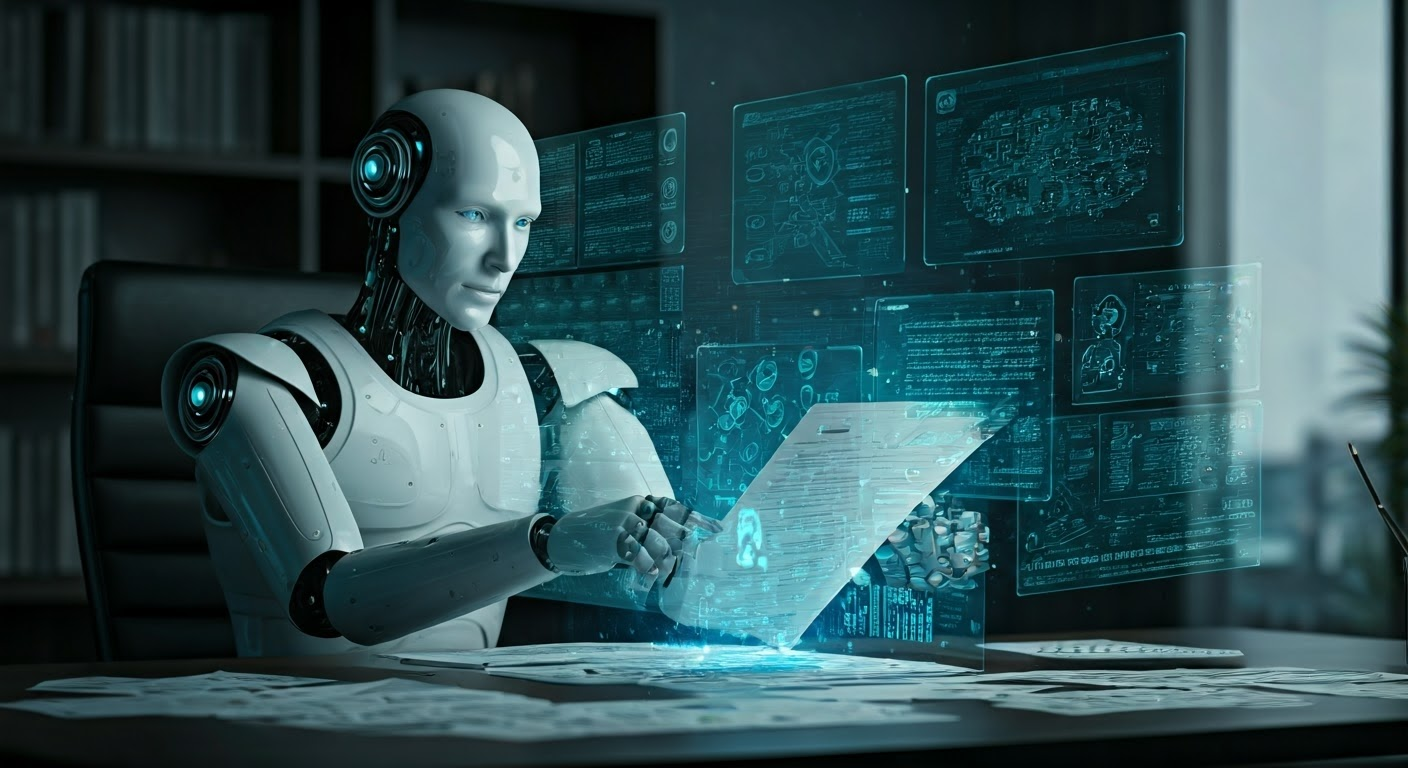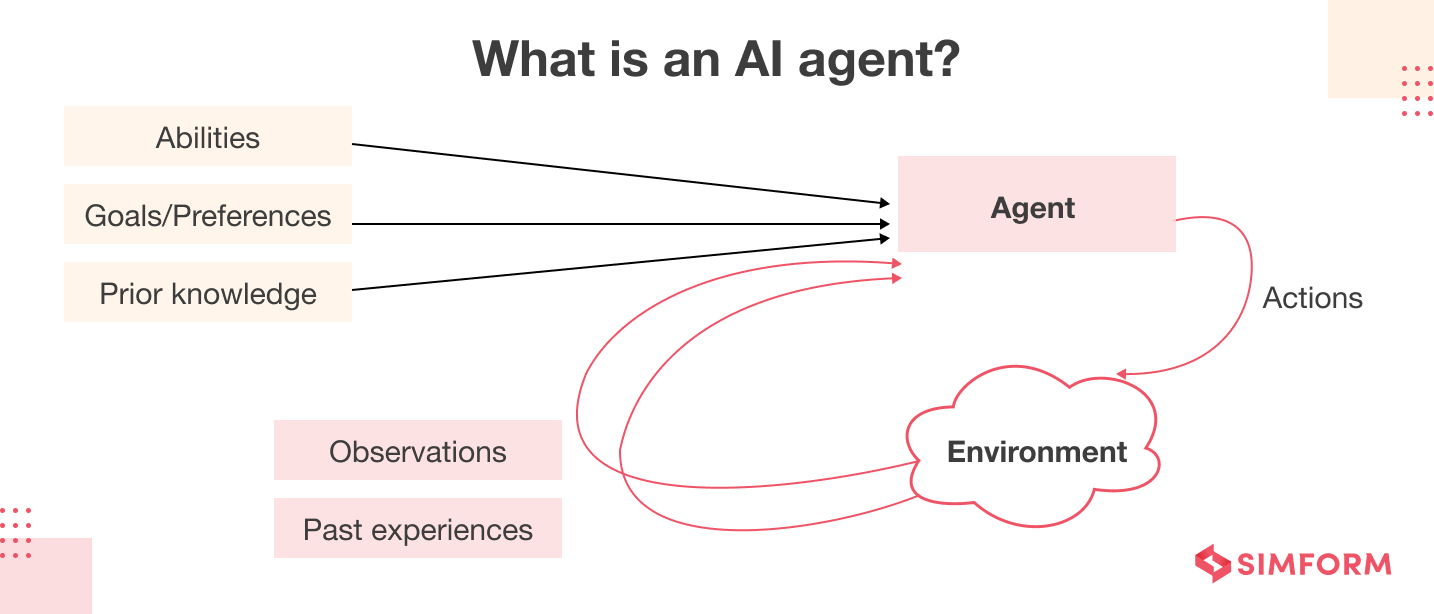Explore how artificial intelligence is reshaping legal document analysis, enhancing efficiency, accuracy, and cost-effectiveness in the legal profession. This article delves into key technologies driving change and future implications for legal practices.
The Role of AI in Legal Document Analysis: Transforming the Future of Law

Introduction
As the legal profession contends with an ever-increasing volume of information, the integration of technology into legal practices has become essential. One area where artificial intelligence (AI) is making substantial advancements is in the analysis of complex legal documents. AI tools are designed to parse vast datasets, extracting pertinent information and identifying patterns that may elude human analysts. This article explores how AI is revolutionizing legal document analysis, the key technologies involved, the benefits of their integration, and future implications for the legal field.
Understanding AI's Role in Legal Document Analysis
AI-powered tools are redefining traditional methods of processing unstructured documents, such as contracts, briefs, and case law. A prime example is the DocuLib deep learning engine, which employs advanced natural language understanding (NLU) techniques. By classifying, annotating, and extracting relevant information from extensive legal texts, these tools empower attorneys and legal researchers to swiftly convert data into actionable insights. This transition from unstructured to structured data allows for rapid identification of critical information, significantly reducing manual review time.
Key Technologies Enabling AI in Legal Analysis
The effectiveness of AI in legal document analysis relies on several emerging technologies:
Natural Language Processing (NLP)
NLP enables machines to understand and generate human language, permitting them to navigate the complex legal jargon often found in legal literature. This technology enhances systems' ability to analyze context, tone, and nuances within legal texts, thereby improving overall utility.
Machine Learning
Machine learning algorithms enhance AI systems over time by allowing them to learn from data patterns and previous analyses. As these systems are trained on diverse datasets, they can make predictions and provide more informed insights, thus increasing their accuracy.
Knowledge Graphs
Knowledge graphs are instrumental in depicting the relationships among various legal entities, such as statutes, cases, and precedents. By offering a sophisticated understanding of these connections, legal professionals can retrieve relevant legal information more effectively.

Image: AI integration in legal settings - Credit: Medium
Benefits of AI in Legal Document Analysis
The advantages of employing AI in legal document analysis are multifaceted:
- Speed: AI can process vast amounts of data in a fraction of the time it would take to do so manually. This rapid processing enables law firms to manage workflows more efficiently and focus on higher-value tasks.
- Accuracy: AI significantly reduces the potential for human error. Its precision in data extraction and analysis ensures that critical information is captured and assessed accurately.
- Cost Efficiency: By optimizing document management processes, AI tools can lead to significant savings in labor costs, allowing firms to allocate resources more strategically.
Future of AI in Legal Document Analysis
The trajectory of AI in the legal sector suggests a future rich with possibilities. Advancements in AI could pave the way for systems that not only analyze documents but also predict case outcomes and recommend case precedents based on comprehensive datasets. This evolution aims to elevate the roles of legal practitioners, enabling them to concentrate on strategic decision-making rather than time-consuming document handling.

Image: Diagram illustrating the AI agent workflow - Credit: Simform
AI tools herald a transformative revolution in the analysis of complex legal documents. By enhancing efficiency, accuracy, and access to legal information, these technologies are poised to redefine the landscape of legal research and practice. The advancement of AI not only empowers legal professionals but also enables better outcomes for both practitioners and clients. As the legal industry continues to embrace this technological wave, the combination of human expertise and AI efficiency will shape a new era in the field of law.
Test-Time Training Layers: The Next Evolution in Transformer Architecture
A simple guide to how Test-Time Training layers are revolutionizing AI models with improved efficiency and expressiveness
Breakthrough: Large Language Models Pass the Turing Test
Recent research shows how advanced AI models have achieved a milestone by passing the classic Turing Test, transforming our understanding of machine intelligence
Discuss This with Our AI Experts
Have questions about implementing these insights? Schedule a consultation to explore how this applies to your business.